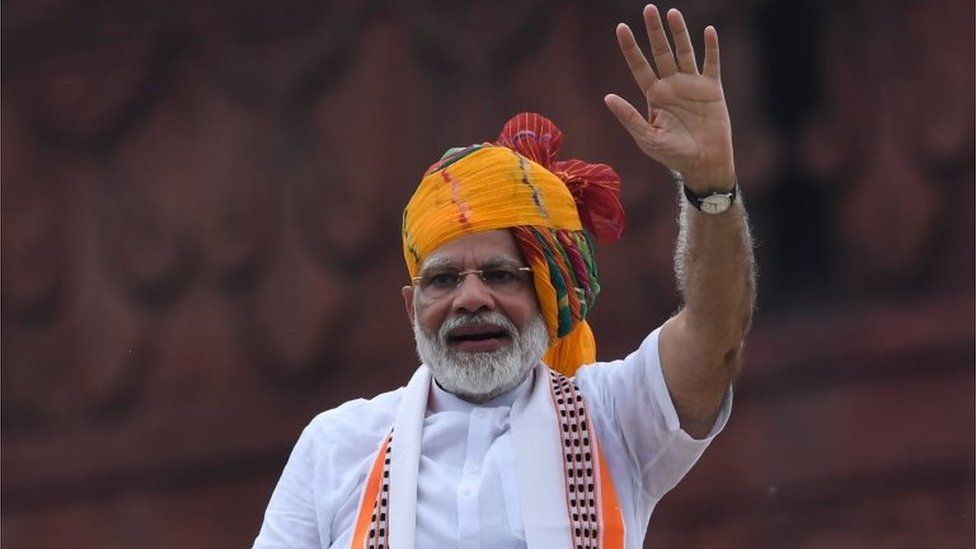In the term of Prime Minister Narendra Modi
Democracy is derived from the Greek language which means a government by the people. The citizens of the country are given a right to choose their respective representative. There are mainly two types of democracy – direct and representative and semi-democracy or hybrid. In a democratic country power is vested with the people and is exercised by them in indirectly or directly through a system of representation which usually involves free elections. In order to progress human development a democratic land is essential. This helps and enables citizens to have a free will and live freely in the society. Moreover, it allows people to have equal rights. This helps to enable that equality prevails all over country.

During the rule of the Britishers, the country did not have any democracy. They imposed structures of bureaucracy which maintained order through rule of the law rather than thought arbitrary authority. They controlled the country and refused to give any authority to the citizens on India and kept imposing laws and orders on them. In the small journey as an independent nation, democracy has been a cornerstone of the Indian success saga. From the time when doubts were cast on the ability of the country’s survival as a nation to a time where it holds the powers across the global look for our guidance, India has travelled miles. In the year 1947 when the rule of Britishers came to an end the constitution was adopted in 1950 which led to India being known to have the largest democracy in the world. The country declared itself to be democratic, sovereign and a republic state. The constitution of India gave power to its citizen to elect their representative and their own choice of government. India is known to be a quasi-federal parliamentary system of government which is known to be largely based on the UK model.

Although India is largest democracy it still has a long way of progression. The country faces a lot of issues which does not let it efficiently function as a democracy. The caste system in country is still prevalent which does hampers with the socialist principle of democracy. Communalism is also on the rise and has led to many bad consequences in India. These factors interfere with the secular aspect of the country. All these differences need to be set aside to ensure happiness and prosperity of the citizens. Democracy in the country is still better than that in most of the countries. Still, there is a lot of room for improvement which we must pay attention on. The government must implement stringent laws to ensure that there is no discrimination that takes place. In addition, awareness must be made to make citizens aware of their rights and duties.




0 Comments